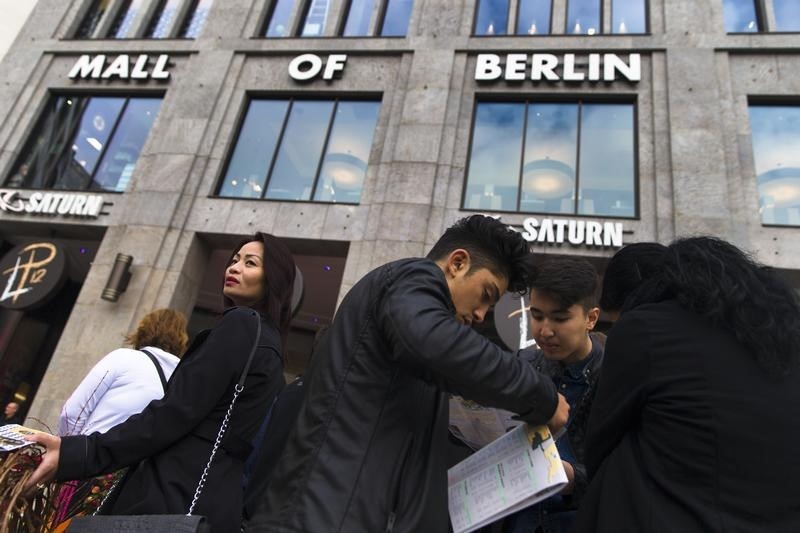By Scott Kanowsky
Investing.com -- German inflation increased in August to 8.8% compared to the same month last year, the highest level in nearly 50 years, according to preliminary data on Tuesday.
On an EU-harmonized basis, the figure jumped from 8.5% in July and was in line with economists' estimates.
When not using EU standards, consumer prices rose by 7.9%. The reading was expected to come in at 7.8%, after the inflation index edged down to 7.5% in July and 7.6% in June.
The German statistics office cited soaring energy costs as a key driver behind the accelerating price growth, with fuel costs in the country 35.6% higher in August versus last year.
"Energy prices, in particular, have increased considerably since the war started in Ukraine and have had a substantial impact on the high inflation rate," Destatis, the federal statistics agency, said in a statement.
Surging food prices, as well as COVID-related supply chain constraints, also contributed to the uptick in consumer prices, the agency added.
The latest data may pile further pressure on the European Central Bank to continue on its current path of heavy monetary policy tightening in a bid to quell soaring inflation.
The ECB raised interest rates by 50 basis points in July - its first hike in over a decade - and traders are now ramping up bets that it will unveil a further hike of as much as 75 basis points at its September meeting.
ECB executive board member Isabel Schnabel and Banque de France governor François Villeroy de Galhau said over the weekend that rates would stay higher for the foreseeable future, despite concerns that the policy could weigh on the broader Eurozone economy. ECB officials have recently flagged that the bloc's short-term growth may eventually need to be "sacrificed" in order to fully corral soaring prices.
